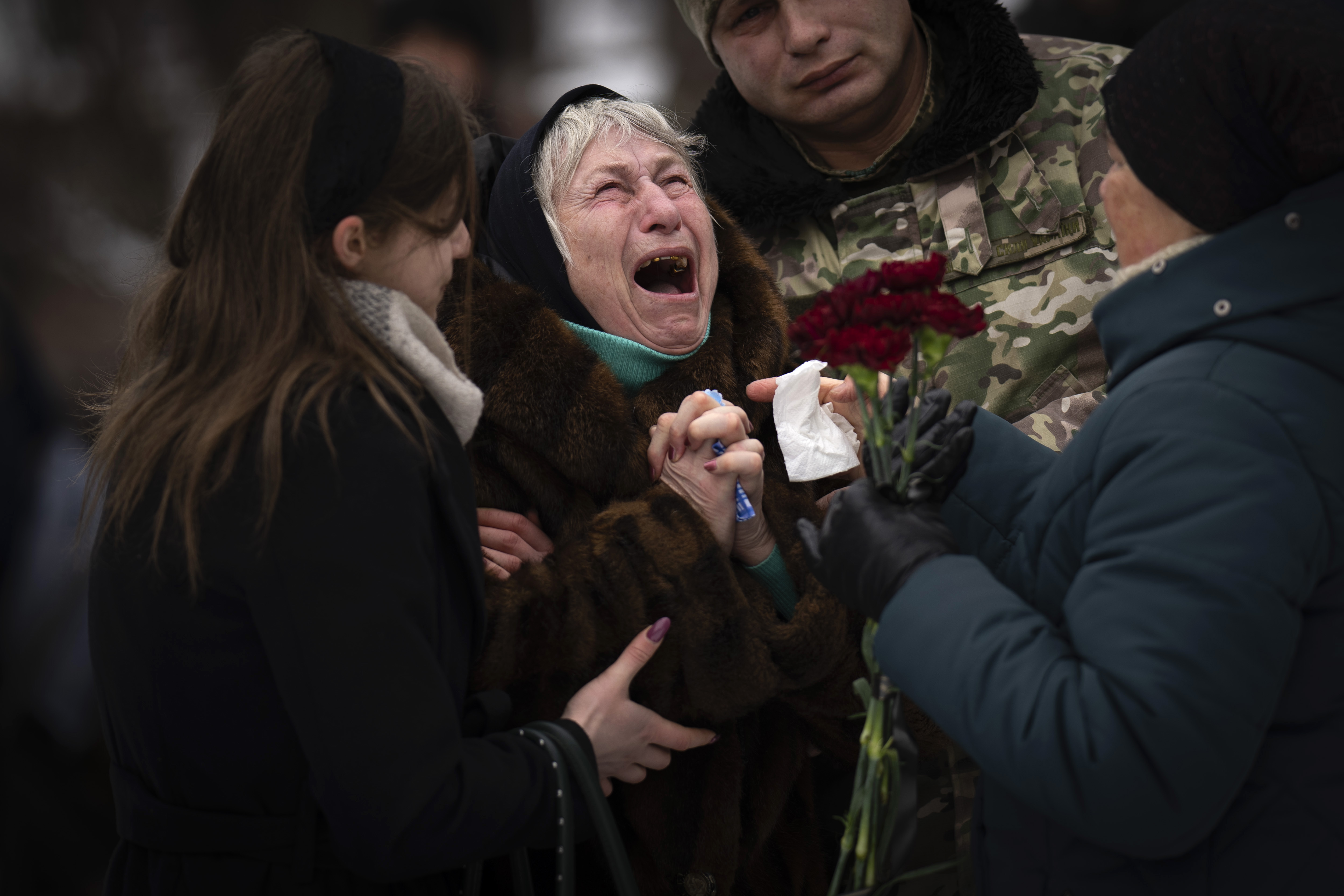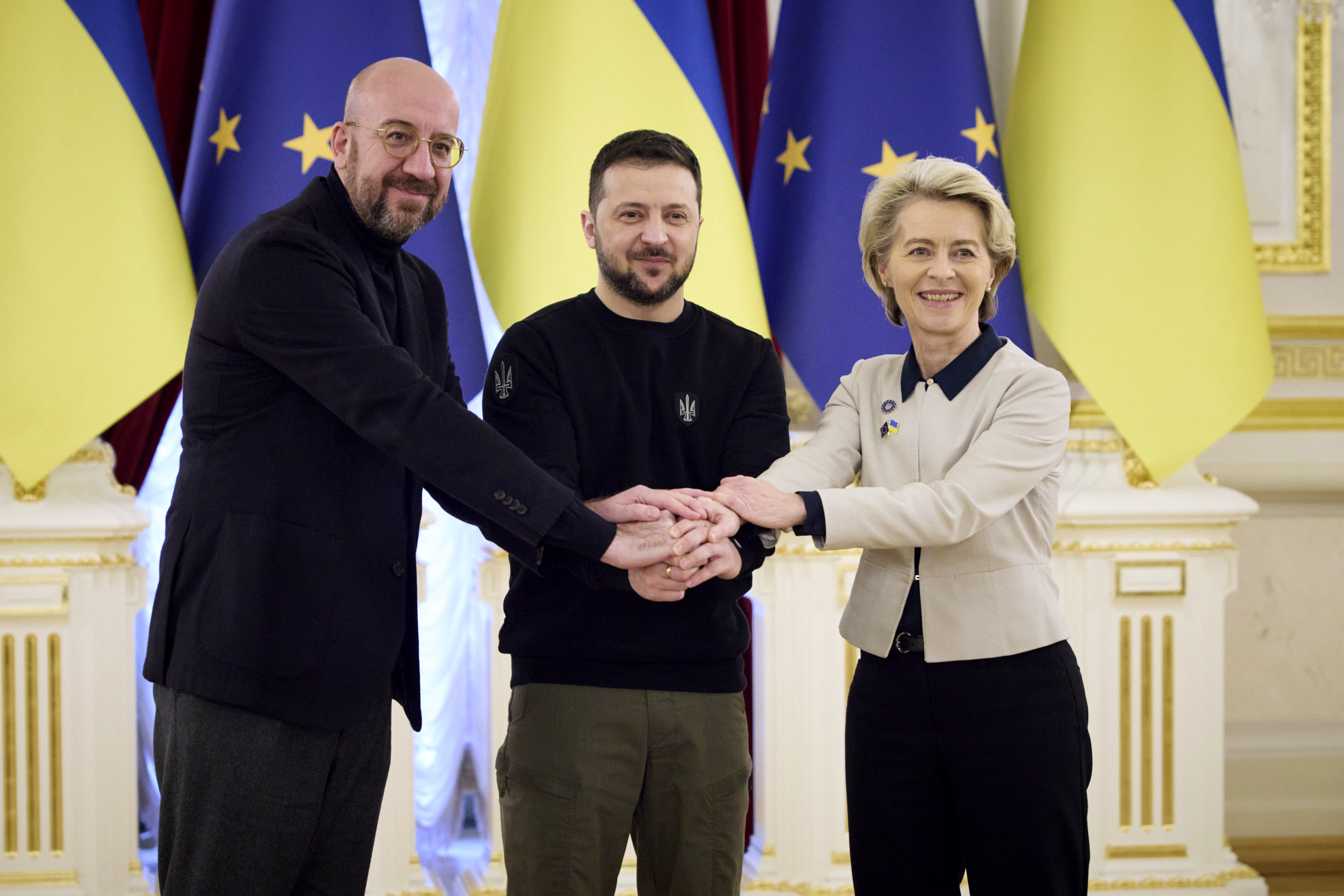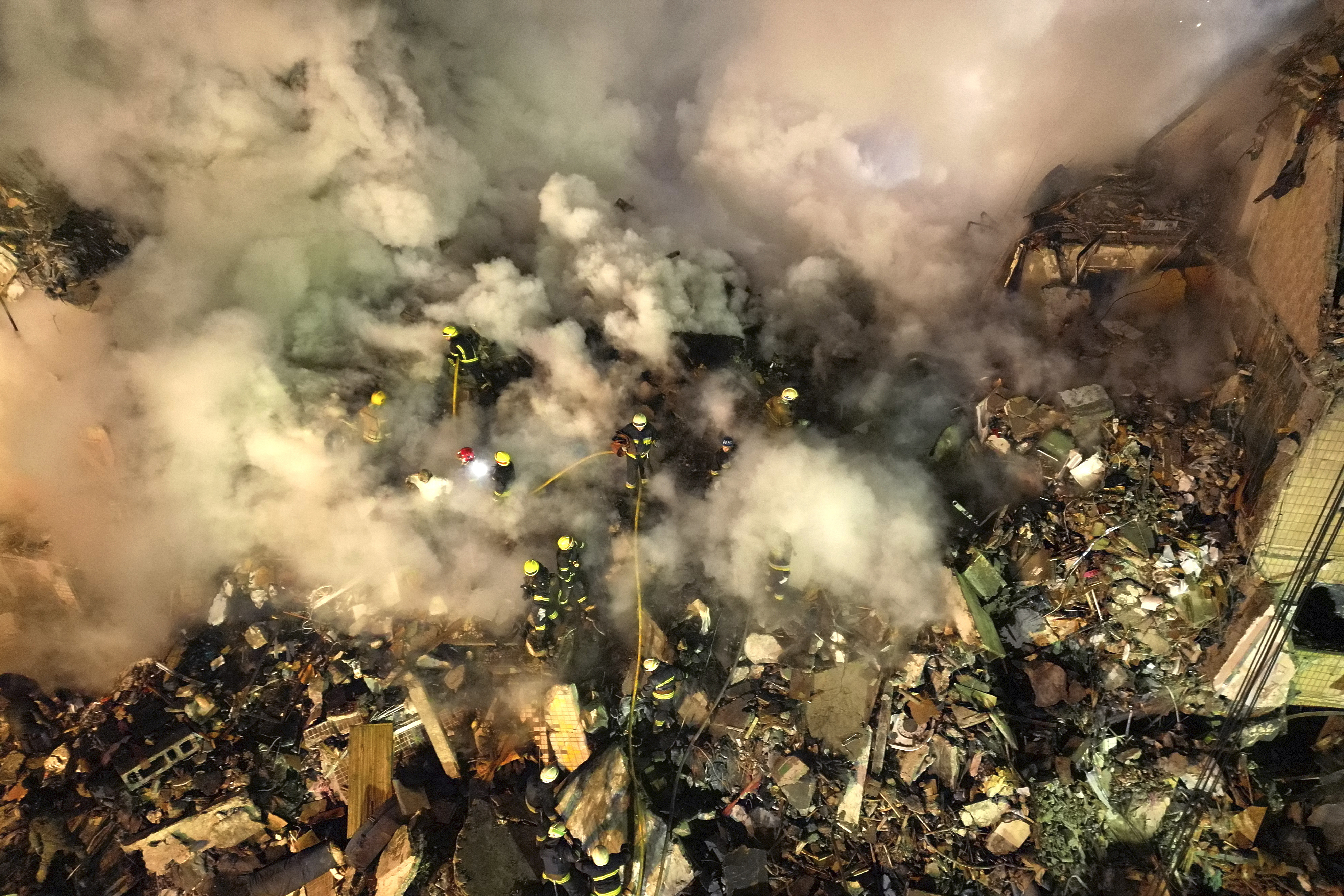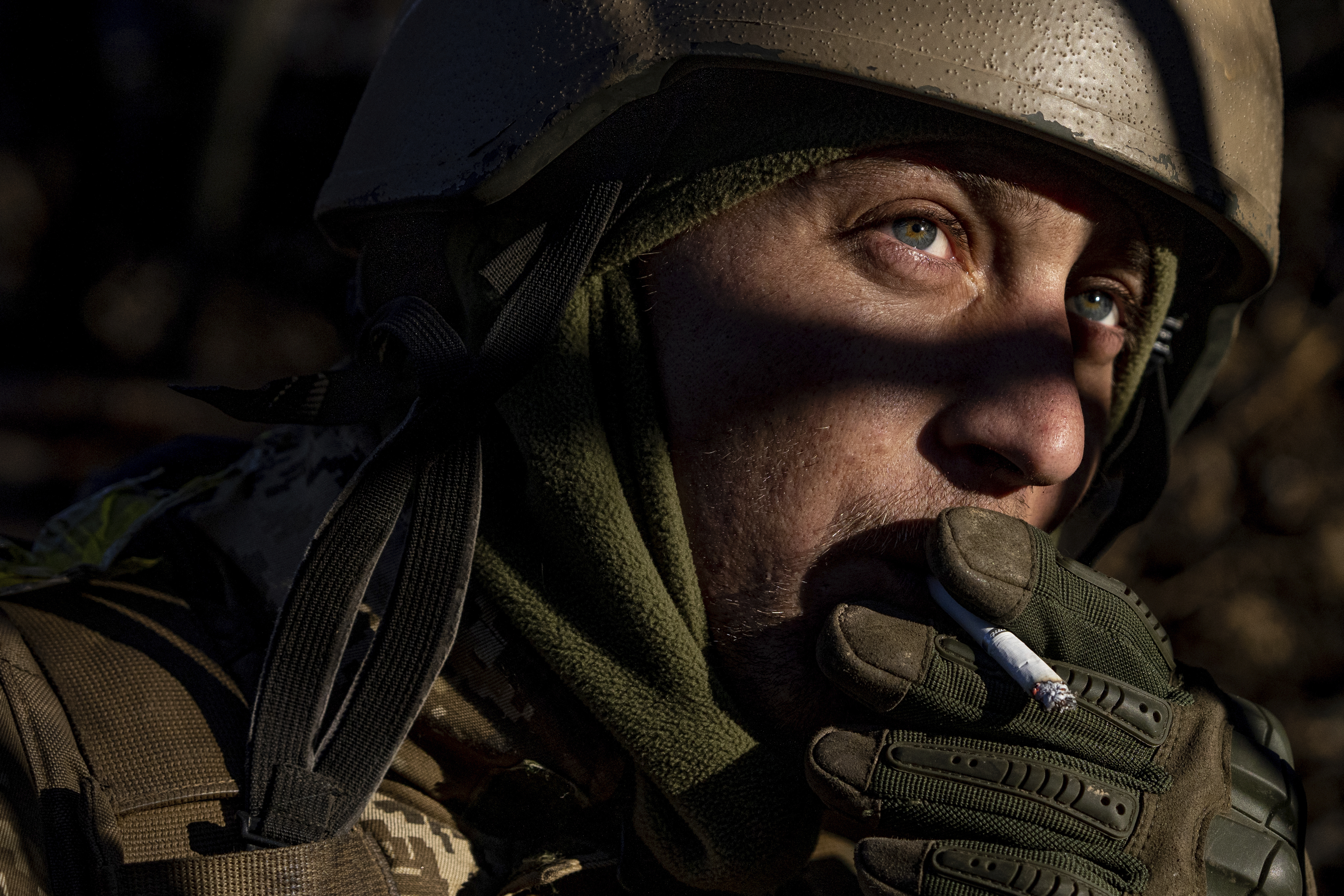
Year 1 ends in a few days war in Ukraineso-called “special military operation” Kremlinwho drowned the country in blood.
On both sides, there are thousands of dead, tens of thousands of displaced Ukrainians who have embarked on the path of refugees. WITH Russians refrain, perhaps more than ever, from military dominance in the region, and Ukrainians celebrate re-occupation in places, but not in the sense of a complete re-control of their territories, the big question remains, and it is nothing less than when the war will end.
Just as Hitler’s infamous blitzkrieg was supposed to last six years, so Putin advanced into Kyiv by February 24, 2022believing that he would easily conquer the city in a few days by installing a puppet government.
With the invasion, he sought to fulfill the dream of resurrecting the Soviet Union, but today he is fighting not only against the Ukrainians, but also for his own political survival.

“Starting a war is easy. However, it is more difficult to end it. At the beginning of almost every military conflict, there is an illusion of a relatively easy defeat of the enemy, ”Spiegel notes in his publication, where he presents scenarios for the end of the war.
A war with consequences far beyond Russia and Ukraine. With profound implications for European security, the nuclear race and future relations between the nuclear powers of Russia, the US and China.
Scenario 1: Ukraine wins the war
For the Ukrainian president and the vast majority of citizens, there is one acceptable outcome of the war: the complete withdrawal of Russian troops from every inch of Ukrainian land.
Russia controls about a fifth of Ukraine’s territory. And the more territories Ukraine wins back, the higher its chances of winning.
But can Ukraine defeat Russia militarily?
Some Western military analysts are cautiously optimistic about the possibility of a Ukrainian victory. The military managed to regain control of half of the territory seized by Russia shortly after the 24 February invasion. He managed to prevent the Russians from taking Kyiv, recapturing Kherson in the south of the country, and pushing the Russians back from the Dnieper.
Now the armies involved are in static battle on the frontwhich, according to Spiegel, is reminiscent of the First World War.
Most of the at least 2,000 Ukrainian towns and villages under Russian control will be harder to liberate than those already recaptured.
For Ukraine to survive militarily, analysts say it needs weapons and equipment. However, foreign aid is coming slowly. German traditions Leopard for example, this will be significantly delayed as the tanks in question are several years old, from the Cold War era, and therefore need to be upgraded before they can be shipped. Accordingly, all the 31 Abrams promised by the United States to Ukraine will most likely arrive in the country at the end of the year.

Given this, the question arises, Spiegel comments: Do the people of Kiev really want to win?
The American president adheres to a two-pronged approach, continues to publish, based on the doctrine of “generosity and attention.” Yes, the US wants to provide Kyiv with military support, but without escalating tensions with the Kremlin.
The same strategy seems to be followed by France and Germany, which, despite the words of support from the Ukrainians, turned out to be more cautious than the United States in sending military equipment.
Scenario 2: Russia wins the war
Vladimir Putin never specified exactly How does he define victory? in Ukraine. He never officially stated that his goal was to conquer the entire country.
Initially, Russia justified the attack on the grounds that its intention was to “denazize” the Donbass by protecting its population. At the same time, the Russian president has repeatedly questioned the independence of Ukraine. As the German magazine notes, his goal was, perhaps, not so much the occupation of territories, but the exercise of complete control over Ukraine and its transformation into a satellite state, modeled on Belarus.
Analysts believe that even if Russia wins the war, this victory will be precarious. Even if Kyiv is forced to peace, the rebels and saboteurs will continue to impede the work of the occupiers.
Of course, as the article notes, the Russian leader may well present lesser successes as triumphs. Ultimately, it will be enough for Putin to gain complete control over Lugansk, Donetsk, Kherson and Zaporozhye and secure some sort of international recognition for these four regions to save face, at least domestically.
However, in the past twelve months since the war in Ukraine, the once small but extreme circle of nationalists has grown alarmingly strong, and these ultra-nationalists, Putin’s greatest danger within the walls, are unlikely to settle for anything less than a triumph.

Putin does not have many opportunities to appropriate the war, presenting it as his own personal success. Usage tactical nuclear weaponswithout necessarily helping him on the battlefield, could provoke a nuclear escalation or cause panic in the West with unknown results.
“But for now, Putin can play. The Russian leader is betting on it West is running outnotes William Welzer, an Obama Pentagon official who now works for the Atlantic Council think tank.
He believes that Putin has the advantage that he can prolong the war, wear his opponents. “This is a very Russian way of war. That’s how they beat Napoleon, that’s how they beat Hitler by outliving their opponents.” After all, the Russian army is numerically superior to the Ukrainian one.
According to him, the Bulgarian intellectual Ivan Krastevpresident of the Center for Liberal Strategies in Sofia, many wars are decided not on the battlefield, not even in the negotiation rooms, but at the polling stations.
Theoretically, something similar could happen in Russia, “even if elections there are neither free nor fair and are not the most obvious route to regime change in the country,” notes Spiegel, who believes, on the contrary, that leadership change in the West, in this case in the United States is likely to have a significant impact on the outcome of the war.
If, for example, Biden loses to a militant nationalist, American policy towards Ukraine will change dramatically. And this, in turn, will affect Europe, which depends on Washington militarily, as well as the restraint of European leaders in supporting Kyiv.
Scenario 3: “Pat” with or without negotiation
There is a scenario that Ukraine and Europe hate just as much as a Russian victory: a stalemate, a military quagmire, Calvary, which Ukraine has been experiencing since 2014 in the Donbas, but on a larger scale.
“The Russians still think they can take control of all of Ukraine. And the Ukrainians do not intend to give up the territories that the Russians have occupied since the beginning of the war on February 24, 2022.
In this sense, we even further away from the peace agreement than ever before,” explains Angela Standt, specialist in Russia. And because of this impasse, many in the West are demanding, in particular from Ukraine, to sit down at the dialogue table for a diplomatic solution.

The end of the Korean War is seen by many as a “conflict on ice” model. In 1953, an armistice agreement provided for the creation of a four-kilometer demilitarized zone between north and south, in which thousands of soldiers are still today, and with them about a million mines.
There are some in the US administration who would like to see such a post-war settlement in Ukraine. The plan calls for modernizing Ukraine’s defenses to the extent that Russia will no longer be able to question its borders.
For now, however, Berlin and Washington, on a common voyage, still believe that it is entirely up to Ukraine to decide when the time for diplomacy comes.
The Minsk agreements of 2015, brokered by the West, were not enough to defuse another conflict between Russia and Ukraine. No one in Ukraine, analysts say, is interested in another Minsk, as it carries the risk of one endless war “And this is precisely the scenario that would be most attractive from Putin,” Spiegel notes.
A negotiated solution will be fragile at best. And it would also not solve the key question: how should the international community, at the end of the war, treat Putin and Russian aggression?
Putin is less predictable than many of his predecessors, who ruled the Soviet Union in the second half of the 20th century with an iron fist. In Europe, however, the Soviet Union was an established power. On the contrary, today Putin’s Russia is interested in redrawing the borders of the Old Continent.
Putin is 70 years old, and there are many rumors about his poor health. However, Spiegel asks, will “Putinism” disappear with the departure of the Russian leader from politics? Russian political scientist appreciates even without Putin Ekaterina Shulmanresearcher at the Robert Bosch Academy in Berlin, “probably there will still be autocratic rule in Russia.”
Source: Spiegel
Source: Kathimerini
Anna White is a journalist at 247 News Reel, where she writes on world news and current events. She is known for her insightful analysis and compelling storytelling. Anna’s articles have been widely read and shared, earning her a reputation as a talented and respected journalist. She delivers in-depth and accurate understanding of the world’s most pressing issues.